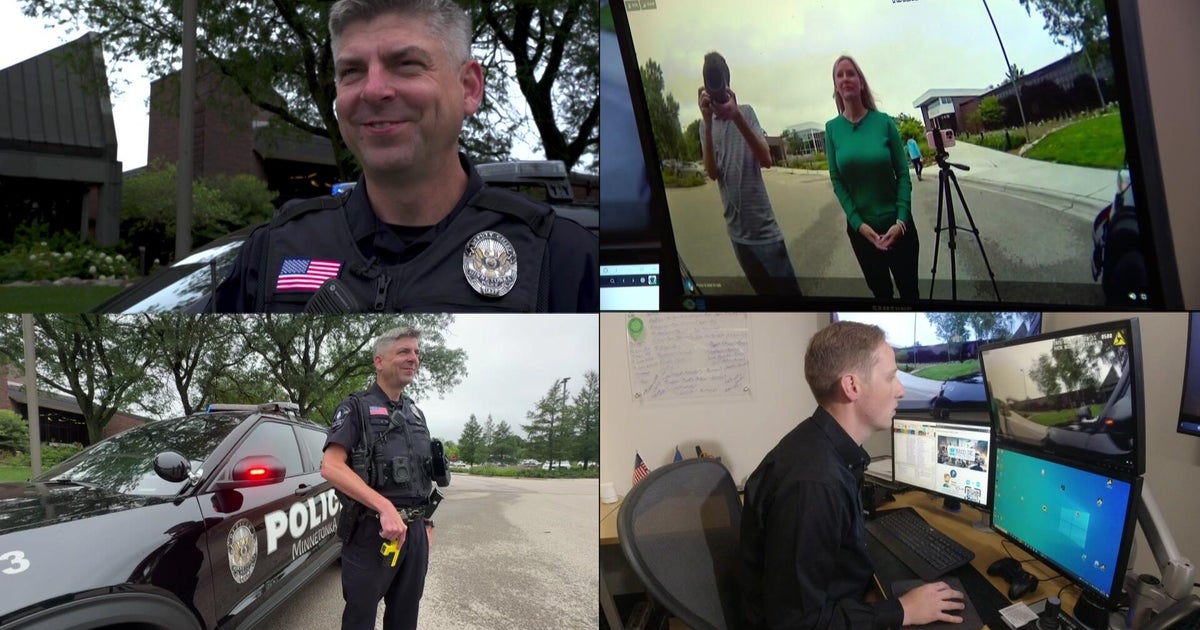AI in 2025: 5 Key Trends You Can't Afford to Ignore

Artificial intelligence (AI) is rapidly transforming our world, and understanding its trajectory is crucial for everyone – not just tech experts. This article distills the key insights from a recent talk aimed at a general audience, offering a glimpse into how I envision AI evolving by 2025. It's a quick, accessible tour of the most impactful trends, designed to be engaging and informative, with a few laughs along the way!
1. The Rise of Generative AI: Beyond the Hype
We've all seen the buzz around generative AI like ChatGPT and DALL-E. But 2025 will see these technologies mature and become deeply integrated into everyday workflows. Expect to see generative AI powering everything from content creation and software development to drug discovery and personalized education. The focus will shift from simply generating content to refining its accuracy, reliability, and ethical implications. The 'hype' will settle, and practical applications will dominate.
2. AI-Powered Automation: Reshaping the Workforce
Automation isn't new, but AI is taking it to a whole new level. By 2025, we'll witness a significant expansion of AI-powered automation across various industries. This includes not just repetitive tasks but also more complex processes requiring decision-making. While concerns about job displacement are valid, the key will be adaptation and upskilling. New roles will emerge, focusing on AI management, data analysis, and creative problem-solving. The future isn't about humans vs. AI, but humans *with* AI.
3. The Edge AI Revolution: Processing Power Closer to the Action
Traditionally, AI processing has relied heavily on cloud computing. However, 'Edge AI' – processing data directly on devices like smartphones, self-driving cars, and industrial sensors – is gaining momentum. This offers several advantages: reduced latency (critical for real-time applications), enhanced privacy (data doesn't need to be sent to the cloud), and increased reliability (operates even without internet connectivity). Expect to see a proliferation of Edge AI devices and applications in the coming years.
4. Responsible AI: Addressing Bias and Ensuring Fairness
As AI becomes more pervasive, the ethical considerations become paramount. Bias in training data can lead to discriminatory outcomes, and ensuring fairness and transparency in AI algorithms is a critical challenge. By 2025, we'll see increased regulation and a greater emphasis on 'Responsible AI' principles, including explainability, accountability, and data privacy. Companies will be held to higher standards for the ethical development and deployment of AI systems.
5. The Convergence of AI and the Metaverse: A New Reality
The metaverse, while still in its early stages, holds immense potential for AI integration. AI can power realistic avatars, personalize user experiences, and create dynamic, interactive environments. Imagine AI-driven virtual assistants, personalized training simulations, and immersive entertainment experiences. The convergence of AI and the metaverse will blur the lines between the physical and digital worlds, creating entirely new opportunities and challenges.
This is just a snapshot of what I believe lies ahead for AI. It's a dynamic field, and the future is full of possibilities. Stay curious, keep learning, and be prepared to adapt – the AI revolution is here to stay!






